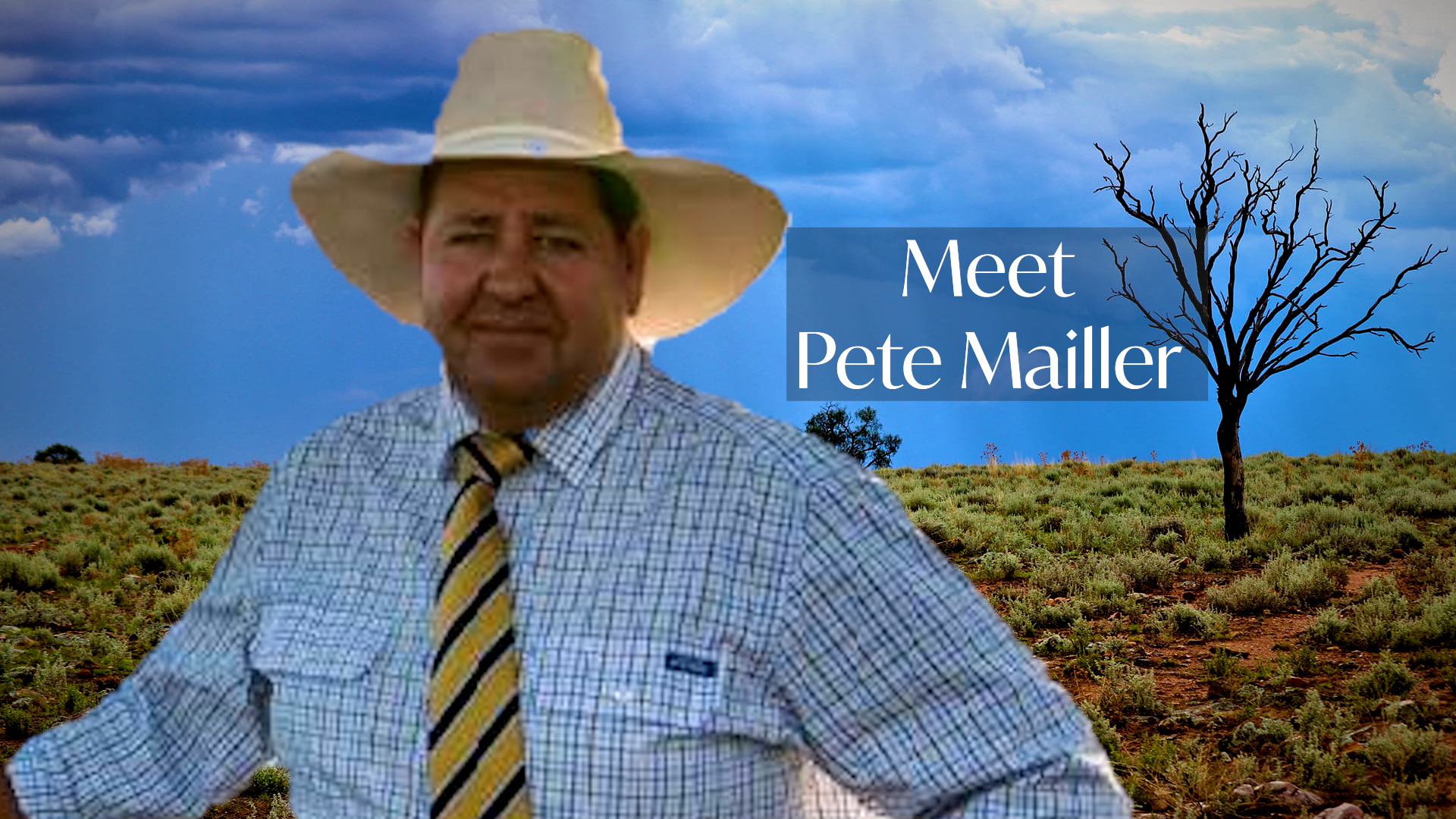After speaking with Pete Mailler, Boggabilla farmer, former politician and progressive thinker, you’re left with a sense of purpose, and dread.
He believes New England, like many other regional areas, is being misrepresented by some of those we elect. These politicians find themselves listening to the loudest voices and, as Pete calls some of them “red necks”, and taking on their grievances and agenda, and in some cases, their persona.
“The ability (of a politician) to represent the interest of their electorate is undermined if they look like a red neck,” he said.
The New England is one of the most fertile and productive regions in Australia. Producing crops, meat, energy, education, and a myriad of industries. It has remained on the forefront of technology, not for the sake of looking cool, but because it is necessary for our collective income and for our future.
New Englanders, like most Australians, are a conservative mob. We don’t like change until we have to change. In marketing terms, we all fall into one of five categories: innovators, early adopters, early majority, late majority, and laggards. Most of us, about 70% of the population sit in the middle, somewhere between the early and late majority. That is the conservative sweet spot.
Those who are innovators and early adopters are in the minority. You know these people. The early adopters were the first to use mobile phones, solar power and satellite for internet. The innovators are those who have found ways to make modern technology work in diverse ways to improve the way we work and live. On New England farms the innovators introduced drones as a new set of eyes that could check stock, crops and fences. In the bigger centres, innovators developed ways to turn one tonne trucks into lifesaving ambulances. Both innovators and early adopters are those who are willing to step out and try something new. Something that will benefit the rest of us. When those benefits are clear and within our mental and financial reach, that’s when 70% of us jump onboard.
In the New England, we have been onboard, and in many cases leading the country, with developing alternative ways to produce power, crops and livestock production. But we elect people who are, as Pete Mailler says, “the lens through which the rest of Australia sees us”.
If those who represent us don’t reflect the majority, Pete says, “it’s a big problem”.
We’re just like our city cousins
Like our urban colleagues, Pete says the New England community is “concerned about the future of their children…access to services…and climate environment”.
“What you see in the climate denying, blustering, anti-renewables rhetoric, is not a good reflection of what the broader community is.”
For our elected members to be using the language of the loud and “blustering” minority is not good for our communities.
“It does a great disservice to regional communities in the urban eye.”
That view of us, the New England, to the rest of Australia, and particularly to people who live in the urban crush of our larger cities is damaging to us as fellow Australians. To be labelled as “hillbillies” and “red necks” is gaslighting…and to what end?
Why do we vote for them?
“It would be really helpful if we could reign in the bold claims that are rolled out”. Pete Mailer believes there is a fix to getting good representation if we have the want.
“We have to find a way factcheck and to hold to account [and stop] the political representation that benefits vested interests over the community”.
The solution? “You can’t fix that until you fix political advertising”.
“If you had the same rules around political advertising as you have around general advertising, you’d be able to solve that problem immediately”.
“The community now expects to be lied to, ” Pete said.
Is it likely that our politicians and democracy can acquiesce to a playing field that lives by a ‘one rule for all’ system? A system that penalises a politician for lying in the same way a corporation or a business is penalised for lying.
(The video of this interview is no longer available)
Advertising with New England Times is a cost effective and reliable way to reach New England locals who are interested and engaged. Find out more here.


